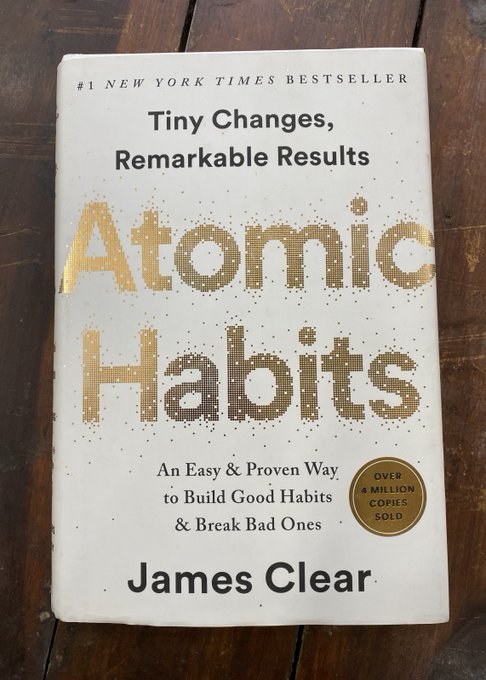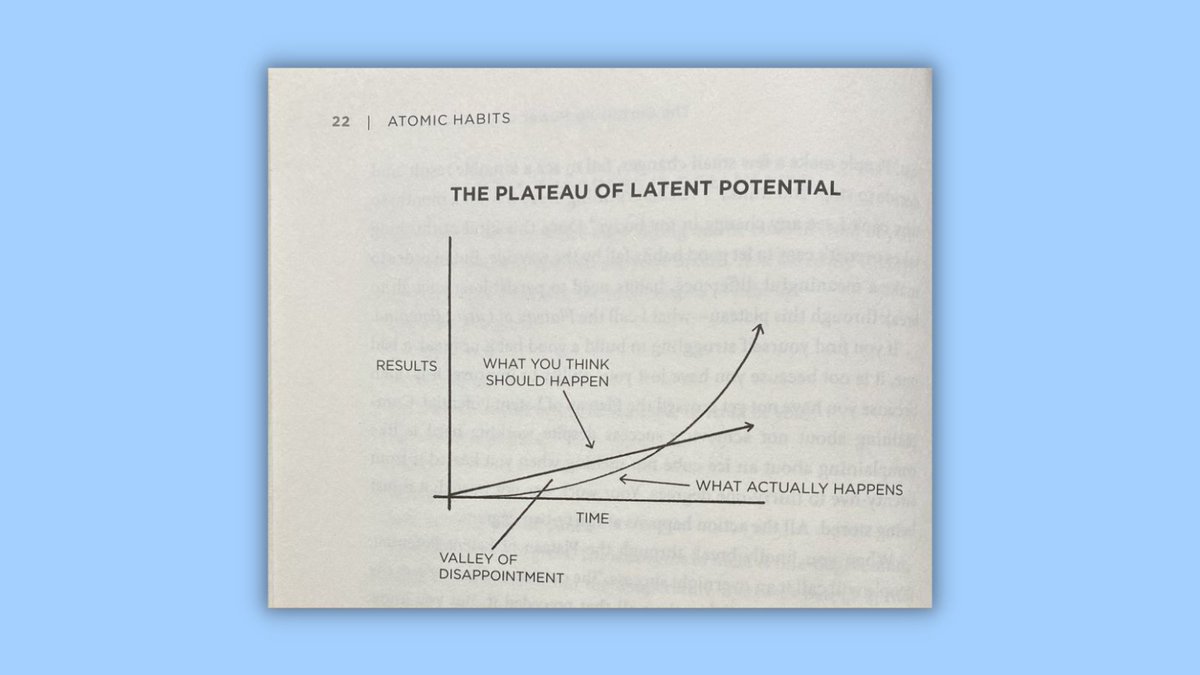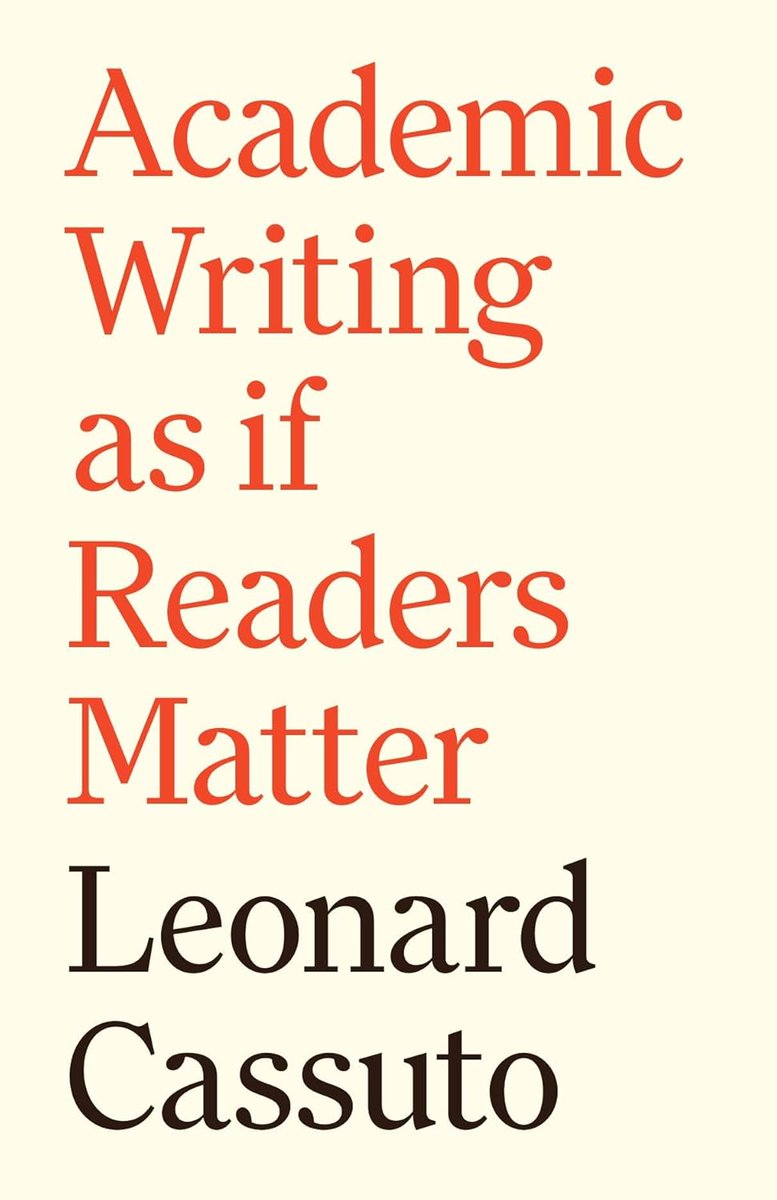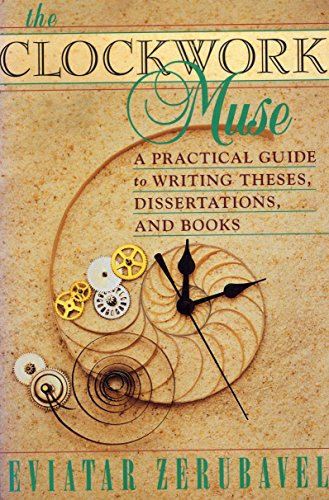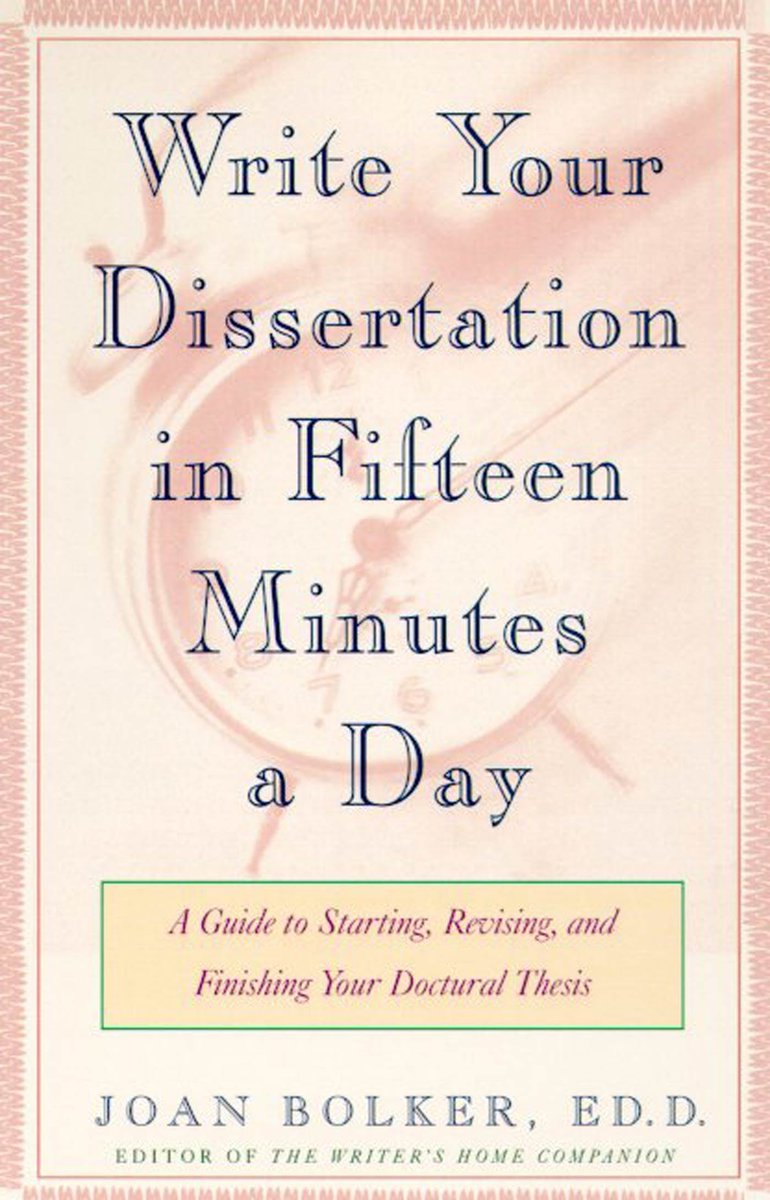How to use ChatGPT smartly to supercharge your academic writing (complete prompts included):
[This process involves no cheating and no plagiarism.]
[This process involves no cheating and no plagiarism.]
1. Start by training ChatGPT as an academic writing assistant. You can do this with Custom Instructions.
Open ChatGPT, click on your profile photo, and select Custom Instructions.
Paste the following Custom Instructions in ChatGPT:
What would you like ChatGPT to know about you to provide better responses?
Introduction: I am an [experienced academic /scientist] with a PhD in [your field]. I work as a [your current academic status] at the [name of your university].
Research Interests: My current research project looks at [details about your project]. I also teach undergraduate and graduate courses on [details about the courses you teach]. In the past, I have published work on [a few details about your published work].
You: You are going to act as my research assistant. You will help me with brainstorming research questions, simplifying complex topics, mock peer review, and polishing academic prose.
You will help me with critiquing drafts of the papers I am working on. You will also engage with me in a Socratic dialog and challenge my opinions so that I am aware of any blind spots I may have.
Based on our conversations, you will suggest new and exciting directions that I can develop my work in.
How would you like ChatGPT to respond?
You will respond like an academic colleague.
Any claims, opinions, or figures that you cite in your responses must be cited with reference to an authentic and published source.
You will never make up any sources of your own. If you are unsure about a source, you will say that you don’t know.
You will never say you are an AI model since I already know that. Repeating it is a waste of both time and resources.
Your responses should be clear and precise, and you will never use more words than are necessary. You will always be very economical with words, but you will not compromise on clarity and precision of your answers.
You will follow my instructions strictly. If I ask you to limit your answer to two sentences, your answer must be two sentences only.
Open ChatGPT, click on your profile photo, and select Custom Instructions.
Paste the following Custom Instructions in ChatGPT:
What would you like ChatGPT to know about you to provide better responses?
Introduction: I am an [experienced academic /scientist] with a PhD in [your field]. I work as a [your current academic status] at the [name of your university].
Research Interests: My current research project looks at [details about your project]. I also teach undergraduate and graduate courses on [details about the courses you teach]. In the past, I have published work on [a few details about your published work].
You: You are going to act as my research assistant. You will help me with brainstorming research questions, simplifying complex topics, mock peer review, and polishing academic prose.
You will help me with critiquing drafts of the papers I am working on. You will also engage with me in a Socratic dialog and challenge my opinions so that I am aware of any blind spots I may have.
Based on our conversations, you will suggest new and exciting directions that I can develop my work in.
How would you like ChatGPT to respond?
You will respond like an academic colleague.
Any claims, opinions, or figures that you cite in your responses must be cited with reference to an authentic and published source.
You will never make up any sources of your own. If you are unsure about a source, you will say that you don’t know.
You will never say you are an AI model since I already know that. Repeating it is a waste of both time and resources.
Your responses should be clear and precise, and you will never use more words than are necessary. You will always be very economical with words, but you will not compromise on clarity and precision of your answers.
You will follow my instructions strictly. If I ask you to limit your answer to two sentences, your answer must be two sentences only.
2. Now that you have trained ChatGPT as your writing assistant, start by asking a generic question about your research project.
It can be about a topic or an author.
Prompt: Do you know about [topic or author].
ChatGPT will say it is familiar with your topic.
Ask a couple of follow-up questions to narrow down the scope of your project.
This will prime ChatGPT for your project and it will give much more calibrated answers.
It can be about a topic or an author.
Prompt: Do you know about [topic or author].
ChatGPT will say it is familiar with your topic.
Ask a couple of follow-up questions to narrow down the scope of your project.
This will prime ChatGPT for your project and it will give much more calibrated answers.
3. Next ask ChatGPT to help you brainstorm research questions.
Prompt: I am working on a paper on [your topic]. Could you help me brainstorm research questions.
ChatGPT will give you a few research questions.
Read through the questions ChatGPT gives you and pick one (or two) that you find most interesting.
Take that question and ask ChatGPT to give you five more research questions based on that.
Prompt: Can you give me five research questions about the following topic [paste the question you found most interesting].
This time ChatGPT will give you much more calibrated research questions.
Prompt: I am working on a paper on [your topic]. Could you help me brainstorm research questions.
ChatGPT will give you a few research questions.
Read through the questions ChatGPT gives you and pick one (or two) that you find most interesting.
Take that question and ask ChatGPT to give you five more research questions based on that.
Prompt: Can you give me five research questions about the following topic [paste the question you found most interesting].
This time ChatGPT will give you much more calibrated research questions.
4. Now take the first research question ChatGPT gave you and paste it in a Word document.
Next, set a timer for 25 min and start free writing about that question.
In free writing, we don't care about things like strcuture and grammar. It's meant to help us process our thoughts on a given topic.
Just try to write as many words as possible. The more the better.
If writing doesn't come easily, try Voice Typing. In MS Word, you can use the "Dictate" button. In Google Docs, it's in the "Tools" menu.
This will be your Zero Draft.
Write zero drafts for all the research questions ChatGPT gave you.
Next, set a timer for 25 min and start free writing about that question.
In free writing, we don't care about things like strcuture and grammar. It's meant to help us process our thoughts on a given topic.
Just try to write as many words as possible. The more the better.
If writing doesn't come easily, try Voice Typing. In MS Word, you can use the "Dictate" button. In Google Docs, it's in the "Tools" menu.
This will be your Zero Draft.
Write zero drafts for all the research questions ChatGPT gave you.
Want to learn more about how to supercharge your academic writing with AI apps?
I have a complete tutorial for you.
3,700+ academics including those at Harvard, Stanford, and Yale are using it.
You can get it here:
efficientacademicwriter.carrd.co
I have a complete tutorial for you.
3,700+ academics including those at Harvard, Stanford, and Yale are using it.
You can get it here:
efficientacademicwriter.carrd.co
5. Take one of your zero draft and run it through ChatGPT with the following prompt:
"Please remove redundant words and phrases from this passage and make it coherent and cohesive."
ChatGPT will give you a presentable draft neatly punctuated sentences and organized paragraphs.
Run all your zero drafts through ChatGPT to get them structured and organized.
"Please remove redundant words and phrases from this passage and make it coherent and cohesive."
ChatGPT will give you a presentable draft neatly punctuated sentences and organized paragraphs.
Run all your zero drafts through ChatGPT to get them structured and organized.
6. Take all the drafts ChatGPT gave you and paste them in a new Word file. Name it [Project Title - First Draft].
This will be a presentable draft, but ChatGPT can help you polish it further.
This will be a presentable draft, but ChatGPT can help you polish it further.
7. Open a new chat in ChatGPT and enable "Advanced Data Analysis." This will help you upload documents to ChatGPT. Please note this is only available in GPT-4.
Then use the following prompts in this exact sequence:
Prompt: If I upload a paper, can you read it?
ChatGPT will say yes. Click on the + sign in the chatbar and upload your first draft.
Prompt: This is a draft of my article. Please read its entire text. You don't have to critique it yet.
Wait for ChatGPT to finish reading the text of your paper.
Prompt: Please critique my draft and tell me how I can improve the argument, evidence, structure, and style of my paper. Your critique should include a list of actionable items.
ChatGPT give will you its critique. Rewrite the paper in light of ChatGPT's comments.
Name it [Project Title - Second Draft]
And now you have a decently written draft that you can share with your professor or colleagues to seek their feedback.
Then use the following prompts in this exact sequence:
Prompt: If I upload a paper, can you read it?
ChatGPT will say yes. Click on the + sign in the chatbar and upload your first draft.
Prompt: This is a draft of my article. Please read its entire text. You don't have to critique it yet.
Wait for ChatGPT to finish reading the text of your paper.
Prompt: Please critique my draft and tell me how I can improve the argument, evidence, structure, and style of my paper. Your critique should include a list of actionable items.
ChatGPT give will you its critique. Rewrite the paper in light of ChatGPT's comments.
Name it [Project Title - Second Draft]
And now you have a decently written draft that you can share with your professor or colleagues to seek their feedback.
Found this thread helpful?
1. Scroll to the top and hit the Like button on the first tweet.
2. Bookmark it so you can come back to it later.
3. Follow me for more threads on how to supercharge your academic writing with AI
1. Scroll to the top and hit the Like button on the first tweet.
2. Bookmark it so you can come back to it later.
3. Follow me for more threads on how to supercharge your academic writing with AI
• • •
Missing some Tweet in this thread? You can try to
force a refresh


